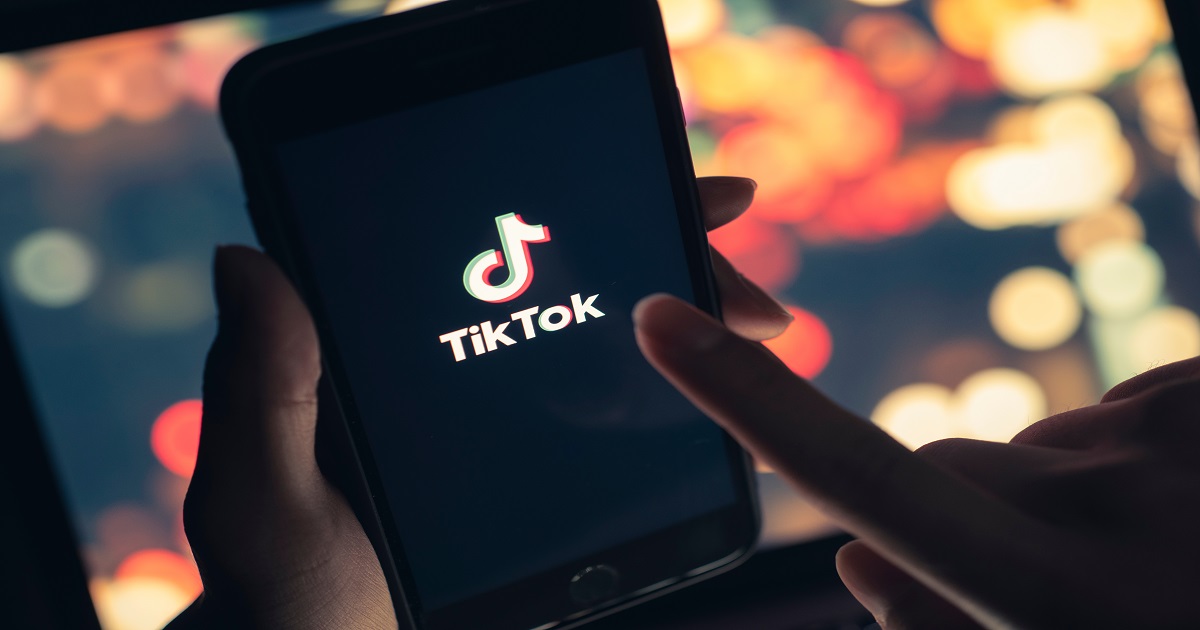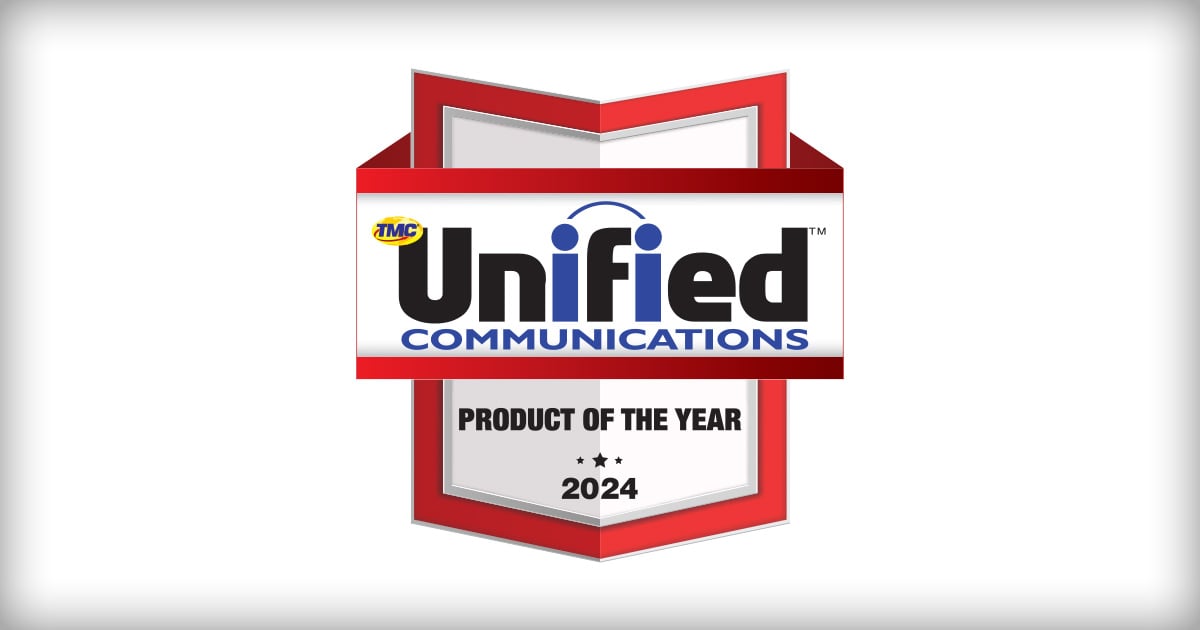
TikTok, a social media platform focused on short-form video content, has become a global phenomenon, particularly popular among teenagers and young adults. The app allows users to create and share videos ranging, featuring music, dance, comedy, lip-syncing, stunts, educational content, and much more.
TikTok's rise can be attributed to several factors. Its user-friendly interface and editing tools make it easy for anyone to create engaging videos. The platform's algorithm personalizes content for each user, ensuring a constant stream of entertaining and relevant videos. Additionally, TikTok's emphasis on music and dance trends fosters a strong sense of community by encouraging users to participate in challenges and respond to each other's content. (Not to mention content involving mental health, home life, societal issues; the list goes on.)
I am an avid TikTok user (though I don’t post any videos). It’s been one of the platforms I often use to connect with other video game streamers as they post clips from one of their previous streams. It's a way for them to personalize the clip and share it with the rest of us to help build their gaming community.
And beyond pure entertainment, TikTok is also a platform for social commentary, activism and education. Users have leveraged the platform to raise awareness about social challenges, promote educational content and even launch careers. Businesses have also recognized the app's potential and use it for marketing, advertising and influencer campaigns.
However, TikTok's growth has sparked concerns. Issues around data privacy, content moderation and potential addiction have been raised. We’ve seen it in the news, as of late; there are concerns that TikTok's ownership structure is a national security threat.
And earlier this morning, the U.S. House of Representatives voted 352-65 to pass a bipartisan bill that would ban TikTok if its parent company, ByteDance, doesn't sell the app.
Lisa Plaggemier, Executive Director of The National Cybersecurity Alliance, says the bill passed because there's concern that the massive user base and the company's access to user information could be exploited. This could involve spreading misinformation, collecting user data for foreign governments or even launching cyberattacks.
Plaggemier went on to say that the problem is even worse because TikTok is popular with everyone, from kids to adults. This means more people are vulnerable to having their personal information stolen or being influenced by false information. Because it's so interactive and widely used, it's an easy target for hackers and others who want to harm the U.S.
This creates a tough challenge for lawmakers. They need to find a way to keep people connected and sharing information online, but also protect them from these cyber threats. To do this, they'll need to invest more in cybersecurity and create new rules to make sure online platforms are safe.
There’s been some opposition against this bill but not from where people might suspect. Former President Donald Trump, who tried to get TikTok banned during his term, has come out in recent weeks saying that while TikTok has its good and bad, banning the app means that users would move to potentially more dangerous apps. We can likely figure he means Facebook (News - Alert) considering he talks about how Facebook is an enemy to the people.
Now the bill moves to the U.S. Senate, and President Joe Biden has come out and said that if the bill hits his desk, he will sign it. If the bill gets signed, there is already a potential buyer lined up to purchase TikTok from ByteDance.
Rumble posted a letter from Rumble CEO Chris Pavloski on the company's X page on March 12 where he expressed the company’s interest in joining a “consortium with other parties seeking to acquire and operate TikTok inside the United States.” Pavloski stated in the letter that the company is ready to serve as a cloud technology partner.
Rumble positions itself as a defender of a free and open internet by challenging the dominance of big technology companies. The platform has seen growth in monthly active users over the past three years, becoming a popular destination for content creators.
This offer letter for TikTok from Pavloski comes a day after Rumble released Rumble Cloud, a new infrastructure-as-a-service offering that “champions the free and open internet.”
Rumble Cloud offers cloud computing services designed to compete with established providers. It aims to address concerns about unfair pricing, vendor lock-in and censorship by offering self-service options for core functionalities like virtual machines, Kubernetes orchestration, storage, load balancing and virtual private cloud environments.
“The cloud market is desperate for real competition that isn’t controlled by an oligopoly. Our cloud will bring top network speed and quality, but most importantly, we plan to disrupt the market with our pricing strategy,” said Pavlovski, in the Rumble Cloud announcement. “Just as our video platform has taken market share away from YouTube, we plan to do the exact same in the cloud market that Amazon, Google (News - Alert) and Microsoft have cornered.”
Again, the bill to ban TikTok must be signed by the president before being enacted, and President Biden has said he will sign it. This means ByteDance will have roughly six months from the bills enactment to divest TikTok and other applications to avoid a nationwide ban.
With that said, TikTok has challenged attempts to ban the app in court, arguing such restrictions violate users' First Amendment rights, and courts have supported this argument in past cases. So, it will be interesting to see where things go from here.
Edited by
Alex Passett





